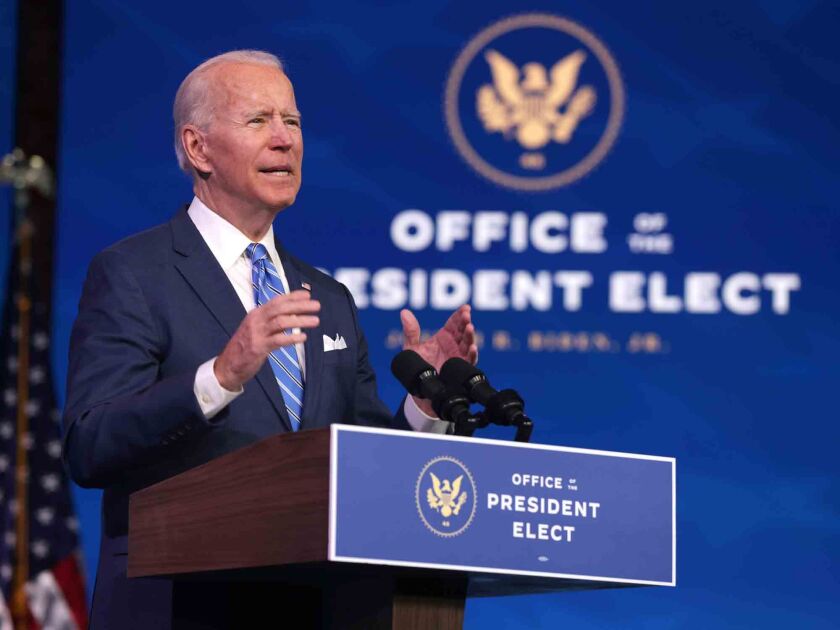After joining nine giants in its sector by reaching $1 billion in annual revenue, Cambridge Investment Research is growing quickly under difficult and unprecedented economic conditions.
In the first quarter, the Fairfield, Iowa-based firm recruited 161 representatives managing $3 billion in client assets while generating $27.5 million in gross dealer concessions. Recruited GDC rose 18% year-over-year, and adding committed incoming recruits and prospects to the existing crop will amount to an expected $100 million in 2020, according to CEO Amy Webber.
Weber puts these figures into context, saying the firm regressed to an average recruiting year in 2019 while adding about $65 million in revenue. In 2017 and 2018, Cambridge topped $80 million in recruited GDC, she says, adding that exits from private equity-backed firms are largely driving the increase in 2020 because reps are concerned about the impact of high corporate debt on advisor services.
“What we're hearing from the ones we're talking to is that actually a lot of these service levels are starting to fall; they're strategic, but they're happening, says Webber. “And I know that because I'm in the middle of recruiting for a couple of positions.
Advisors affiliated with BDs that have taken on high leverage “look at the numbers and they get very uncomfortable,” she adds.
The Institute of Internal Auditors is giving corporate America only a modestly better grade on governance in 2020 compared to 2019, and any improvement is probably due to the coronavirus pandemic.
President-elect Joe Biden’s $1.9 trillion COVID-19 relief plan is designed to both pump money into the economy and contain the coronavirus pandemic.
President-elect Joe Biden’s $1.9 trillion economic relief proposal serves as the opening salvo in a legislative battle that could be prolonged by the go-big price tag and the inclusion of initiatives opposed by many Republicans.
In late March, Cambridge notched the second-largest recruiting move of the year in the independent broker-dealer channel. Some 50 advisors with $1.5 billion in client assets from Irvine, California-based Cooper McManus Wealth Management left highly-leveraged Advisor Group’s Securities America to affiliate with Cambridge, InvestmentNews reported at the time.
Advisor Group and other PE-backed rivals say they have enough cash flow even as they acknowledge the tough economic times. Ratings agencies have cited a “fundamental credit challenge” to IBDs from the economic turmoil created by the coronavirus pandemic in multiple ratings actions since the Fed lowered interest rates again in mid-March.
Still, Webber says that Cambridge’s debt-to-EBITDA of around 1x or 2x compares favorably with other firms. The private firm has completed stress tests and tapped lines of credit as a conservative measure. Furthermore, she says, Cambridge has a stock succession plan in place if anything happens to founder and current executive chairman Eric Schwartz.
The coronavirus is “the climate that Cambridge was built for” because of its “more conservative approach” than many rival firms, Webber says. “We're able to make decisions that really aren't possible for a lot of our competitors who have a different business structure.”
The firms have grabbed some three-fourths of the announced incoming advisors, as the pandemic cuts into valuations and casts uncertainty.
Last year, Cambridge’s revenue surged by more than 10% to $1.005 billion, placing it in the same group as the handful of other IBDs and networks that reported billion-dollar businesses in Financial Planning’s most recent annual IBD Elite survey. The group will lose at least one member this year because two of the firms merged into a giant IBD network with more than $3 billion in annual revenue when Advisor Group purchased Ladenburg Thalmann in February.
In an FP Podcast interview last summer, Webber recalled joining the firm in 1998 when it had just $7 million in annual revenue. So far in 2020, incoming recruits have come from PE-backed firms like Advisor Group and Cetera Financial Group as well as publicly traded LPL Financial and insurer-owned broker-dealerss, according to Webber.
Advisors with another $35 million in GDC have committed to affiliating with Cambridge by August, while advisors with about $74 million more are in serious talks with the firm, she says.
In addition to its headquarters in Iowa and an existing facility in Atlanta, Cambridge has signed a lease to open another corporate office in midtown Phoenix to house about 50 operations, compliance and marketing staffers. Due to almost all staff currently working remotely, the build-out and opening of the space will be pushed back to later this year.
Although Webber counted herself among those who were skeptical about whether productivity could be maintained while working away from its office, she now says the firm has made its recruiting activities fully virtual and has started a weekly meeting with top executives for all of the firm’s more than 4,200 reps.
“They are finally ready to change their behavior and adopt digital transformation ways of doing business — even the old guard who didn't think they'd have to,” Webber says. “In some ways, I am closer to our advisors on a much more frequent basis than before. We're all reaching out in a much different way.”








